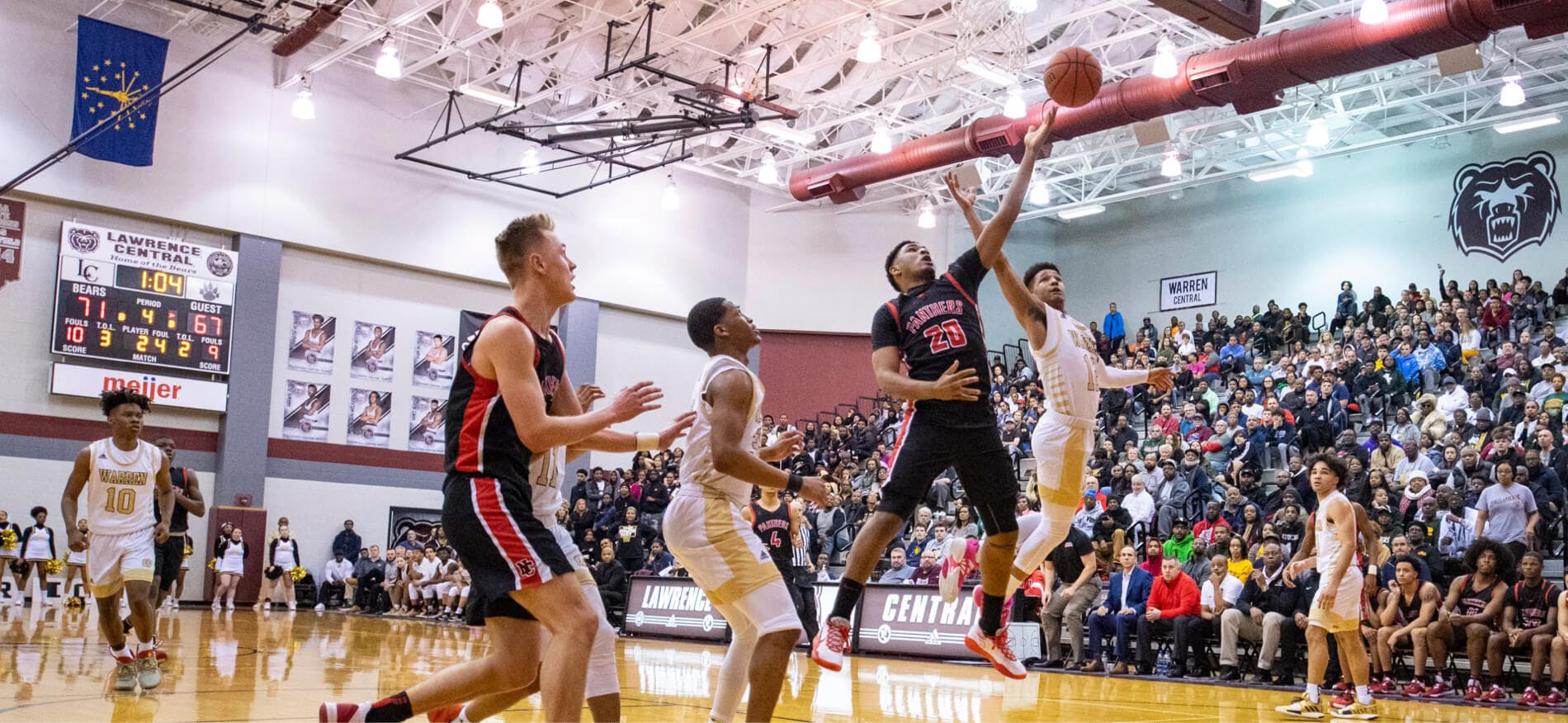Feedback and Self-Reflection for Athlete Development: The Dynamic Duo

In the world of sports, the journey toward excellence is an ever-evolving process. A powerful duo that drives this journey is the combination of feedback and self-reflection. In this article, we dive into the symbiotic relationship between receiving feedback and self-reflection for athlete development. Both of which are pivotal for prime athletic performance.
Embracing Constructive Feedback
A Path to Improvement
First, second, and third, feedback from coaches, peers, and even opponents provides a valuable external perspective on an athlete’s performance. In the light of improvement, constructive feedback pinpoints areas of strength and weakness, acting as a roadmap for growth. Equally important, athletes who not only receive but also seek out feedback show a commitment to their development.
Check out this article by Reflect, they share 3 huge benefits from athletes self-reflection!
The Art of Self-Reflection
Looking Inward
On the other hand, self-reflection is the internal compass that guides an athlete’s journey. By the same token, it’s a moment of introspection that allows athletes to analyze their performance, decisions, and emotions. Moreover, self-reflection encourages critical thinking and fosters a deeper understanding of personal strengths and areas in need of refinement.
Synergy in Development
A Powerful Partnership
Feedback and self-reflection are a dynamic duo that enhances athlete development. Not only does feedback inform self-reflection, but self-reflection enriches the meaning of received feedback. Likewise, athletes who actively engage in self-reflection are better equipped to internalize feedback and transform it into actionable steps for improvement.
Transforming Feedback into Action
Catalyzing Change
In the same fashion, feedback without action remains untapped potential. Athletes who utilize feedback as a catalyst for change exhibit growth mindset and dedication. By all means, they channel feedback into targeted practice and training, effectively bridging the gap between their current performance and desired outcomes.
Elevating Self-Awareness
A Path to Excellence
Furthermore, self-awareness is the cornerstone of personal development. Athletes who practice self-reflection gain insight into their thought processes, emotions, and behavior patterns. Equally important, this heightened self-awareness enables them to manage pressure, stay focused, and adapt effectively in high-pressure situations.
The Continuous Cycle
Perpetual Growth
In conclusion, the interplay between feedback and self-reflection creates a continuous cycle of growth for athletes. Through the power of feedback, athletes receive external insights that, when combined with self-reflection, foster self-awareness, adaptability, and targeted development. This holistic approach forms the backbone of continuous improvement in the world of sports.
One of the best ways to encourage this growth is direct communication with athletes. We recommend using Allin, a free premium team management application that allows for direct messaging from player to player & coach to player.
Embrace the Journey
A Path to Excellence
To conclude, the journey toward athletic excellence is fueled by the powerful combination of feedback and self-reflection. Embrace both elements as essential tools for growth and development. By doing so, athletes not only elevate their performance but also embark on a transformative journey of self-discovery and continuous improvement.
